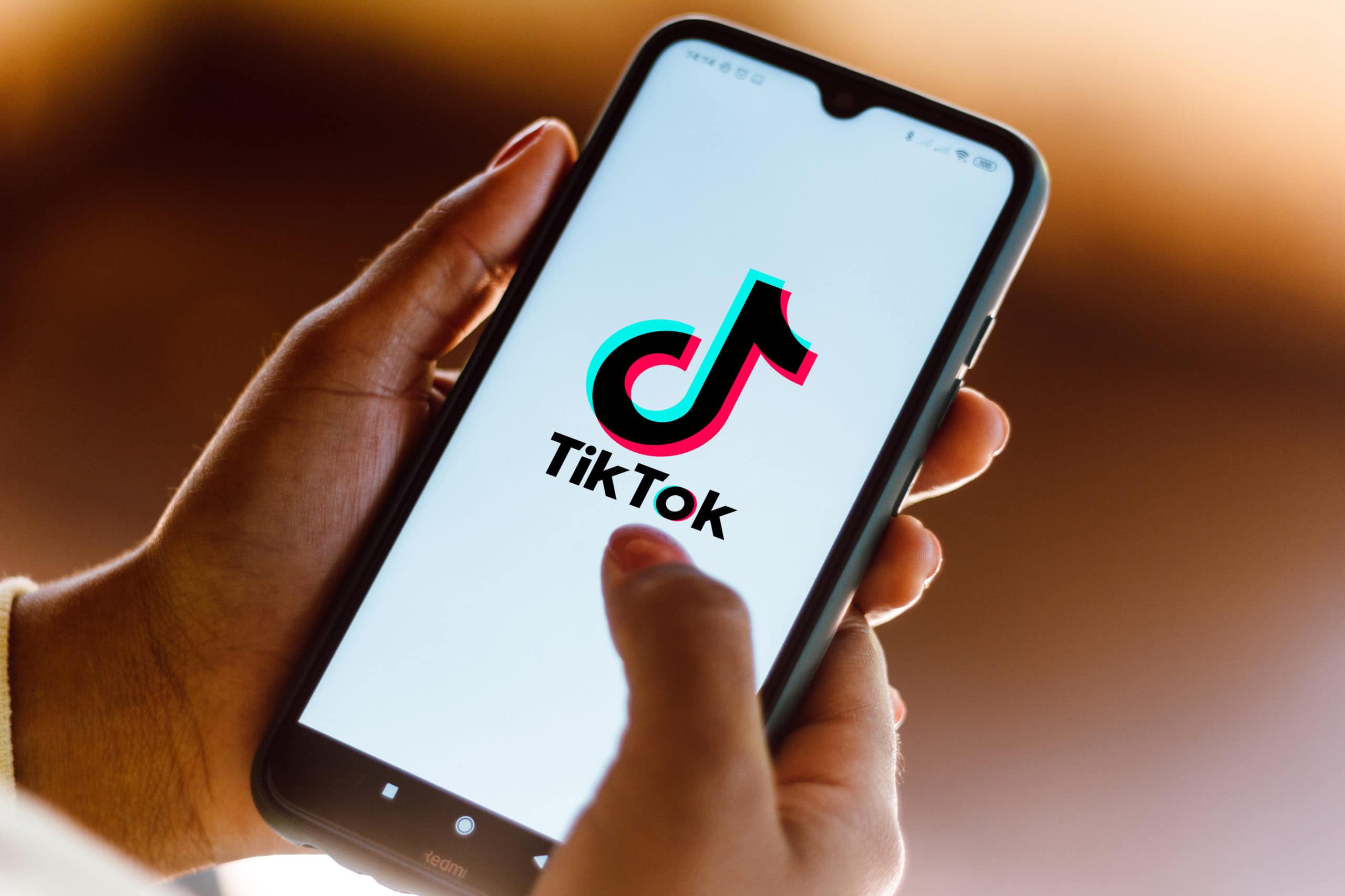Topline
Thirty pages of uncovered documents in a lawsuit against TikTok owner ByteDance suggest the company has aggressively pursued children’s use of its app despite knowing its widespread dangers including possible sexual exploitation, according to an exclusive NPR report, which confirms previous reporting by Forbes.
Key Facts
The documents, discovered by Kentucky Public Radio after they were improperly redacted, include summaries of internal studies and communications between TikTok executives as they discuss responses to crises and ways to improve the app.
The documents were part of a suit filed this week by the Kentucky attorney general as part of a two-year, multistate investigation into TikTok.
A Forbes report in 2022 showing TikTok’s live-streaming platform crowded with viewers urging and paying young girls to perform acts that “toe the line of child pornography” caused ByteDance to open an investigation that confirmed “a significant” number of adults messaging underage streamers about stripping live, and in just one month users sent 1 million “gifts” to underage children engaged in this “transactional behavior,” according to the documents.
The investigation prompted one TikTok official, according to NPR, to report that “a major challenge with Live business is that the content that gets the highest engagement may not be the content we want on our platform.”
Loading...
Other documents show TikTok executives aware of the addictive quality of the app, citing internal research that it took less than an hour to become addicted, and that compulsive usage correlates to negative mental health effects like the loss of analytical skills and memory formation while also interfering with sleep, responsibilities and human connection.
App features released and promoted by the app to help users limit their time on the platform were internally viewed only as a “way to improve public trust” while not effectively reducing users’ screen time, according to the documents, which also reveal that TikTok believed 95% of smartphone users under 17 used the app, which was often ineffective at quickly removing users under 13, the age requirement to be on the app.
The documents also show the platform largely used artificial intelligence instead of human moderation to prevent content about self-harm and eating disorders, while also demoting users deemed “unattractive” by the company and reworking the algorithm to amplify those deemed “beautiful.”
TikTok spokesman Alex Haurek told Forbes in a statement it was highly irresponsible of NPR to publish court-sealed information, adding the “complaint cherry-picks misleading quotes and takes outdated documents out of context to misrepresent our commitment to community safety.”
Crucial Quote
One TikTok executive warns in the documents that the addictive nature of the app could deprive children using TikTok of “other opportunities,” clarifying that “I literally mean sleep, and eating, and moving around the room, and looking at someone in the eyes.”
Key Background
These documents — now sealed — come from the Kentucky Public Radio copying-and-pasting parts of the redacted legal documents, which revealed the 30 pages of secret documents. The documents were redacted legal filings from a two-year investigation by 14 attorney generals, which led to state officials suing the company on Tuesday. One of the cases, a complaint filed in the D.C. Superior Court, explicitly referenced Forbes reporting on the problems with TikTok Live. ByteDance, the owner of TikTok, faces a federal law requiring the company to sell by January 2025, so that it’s not solely owned by a Chinese company, or face a U.S. ban. Federal government officials argued in the September lawsuit that ByteDance’s Chinese ownership “creates a national security threat of immense depth and scale.” The Forbes investigation mentioned in the lawsuit is just one of many Forbes stories on the company, which also includes ByteDance spying on Forbes journalists, tracking “sensitive” words, exposing celebrities and politicians’ contacts, promoting Chinese propaganda and mishandling user data.
Chief Critic
In response to the federal law, TikTok argued the U.S. government’s ban does not equally apply its free speech rules to platforms. It also argued that the ban would be based purely on speculation and flawed concerns about content manipulation and data security practices TikTok is not performing.
Loading...
